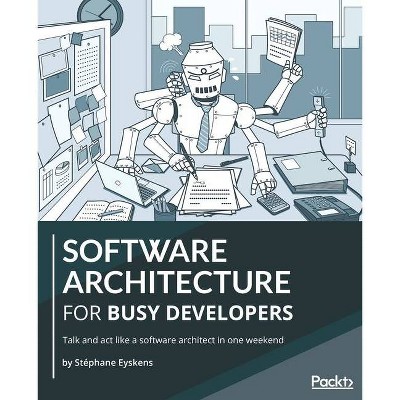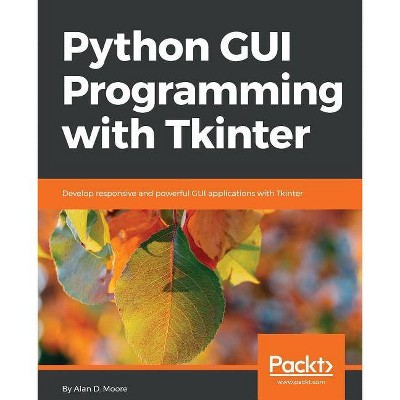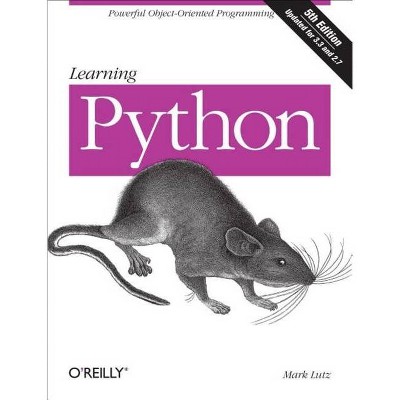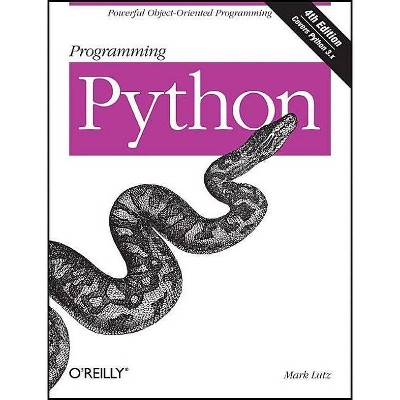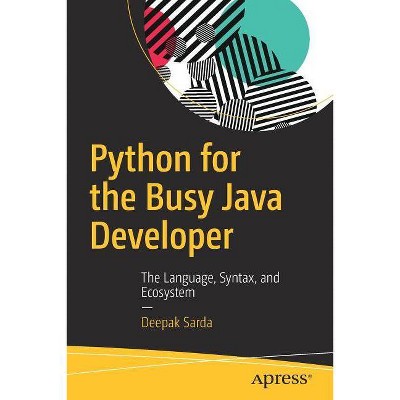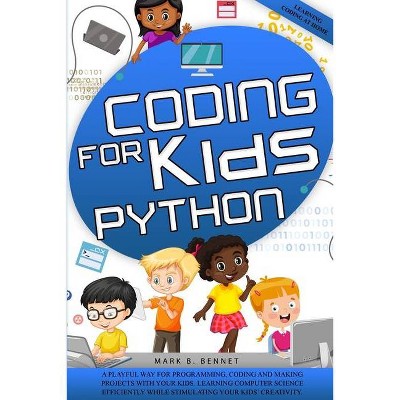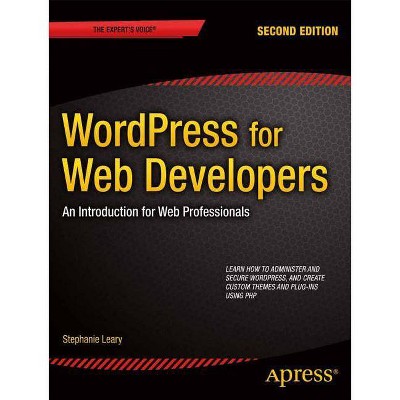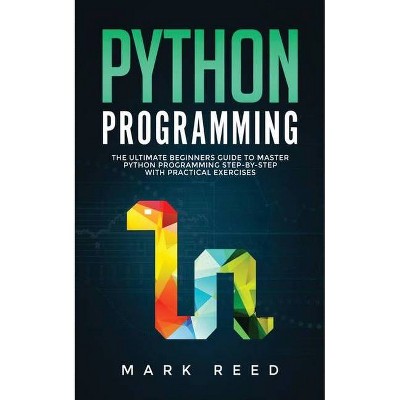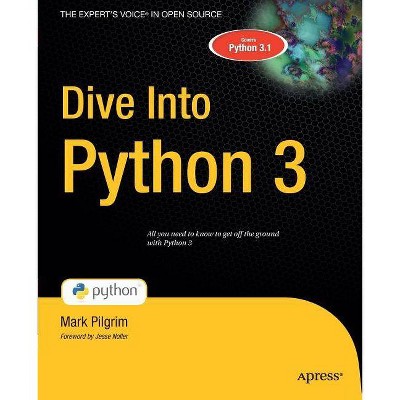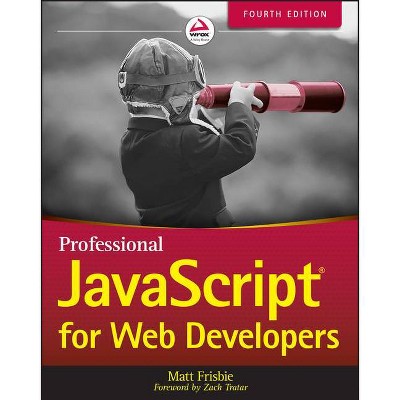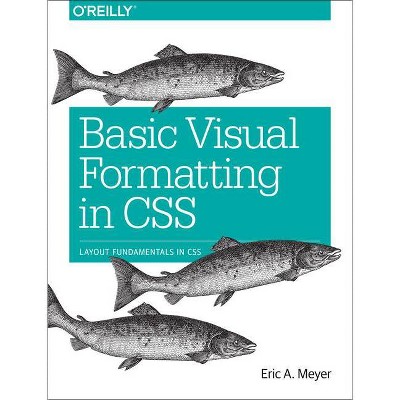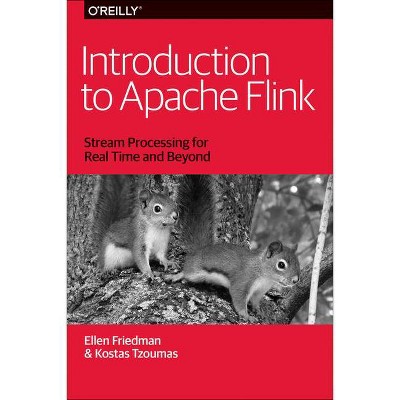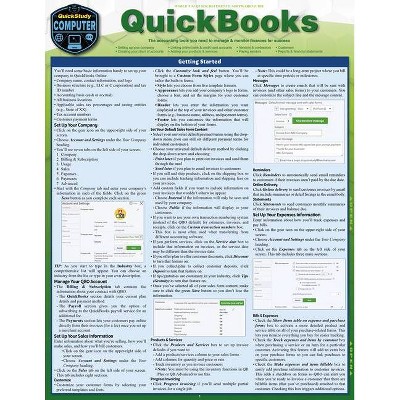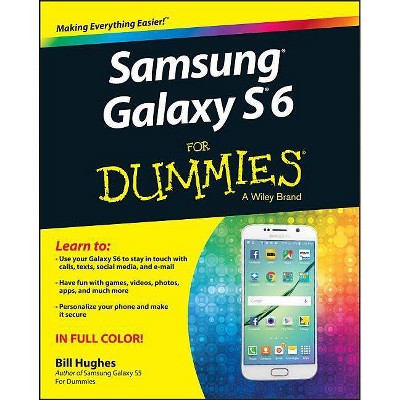Modern Tkinter for Busy Python Developers - 3rd Edition by Mark Roseman (Paperback)
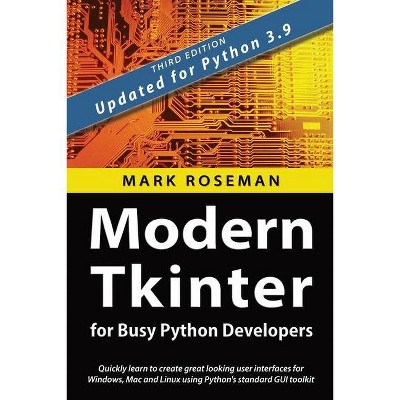
Similar Products
Products of same category from the store
AllProduct info
<p/><br></br><p><b> Book Synopsis </b></p></br></br><p><strong>Third Edition: thoroughly revised and expanded! Over 20% new material. Updated for Python 3.9.</strong></p><p><br></p><p><strong>Quickly learn the right way to build attractive and modern graphical user interfaces with Python and Tkinter.</strong></p><p><br></p><p>You know some Python. You want to create a user interface for your application. You don't want to waste time messing around with things you don't need.</p><p><br></p><p>Enter Tkinter.</p><p><br></p><p>It's built right into Python. Everything you need is included in the standard Python distributions. No extra downloads. Your Python and Tkinter scripts will work on Windows, Mac and Linux.</p><p><br></p><p>Tkinter has a simple, clean, Pythonic API and takes care of much of the housekeeping needed in GUI programming. You can focus on what's unique in your application.</p><p><br></p><p><strong>One HUGE Problem.</strong></p><p><br></p><p>Tkinter has been around for a very long time. There's a lot of documentation, much of it created years ago. Nearly everything you'd find in that documentation still works today.</p><p><br></p><p>But it's all wrong.</p><p><br></p><p>Tkinter has a reputation for ugly and outdated user interfaces that don't fit in with modern systems. And if you follow the old documentation, that's exactly what you'll get.</p><p><br></p><p>Because Tkinter has taken a quantum leap forward since all that documentation was written. There are new and better ways to build your user interface. Your program needs to be written differently to take advantage of that.</p><p><br></p><p><em>Modern Tkinter</em> shows you the right way to do it.</p><p><br></p><p>You'll learn all the modern best practices. You'll build your user interface the right way the first time, without having to learn anything extra or irrelevant. It starts at the beginning, shows you what you need to know, and covers all the essential elements of building your modern user interface. This includes: </p><ul><li>all the standard GUI widgets</li><li>attractively laying out your user interface</li><li>managing menus, windows, and standard dialogs</li><li>organizing more complex user interfaces</li><li>Tkinter's powerhouse widgets: canvas and text</li><li>customizing the look of your user interface</li><li>making it all work on Mac, Windows, and Linux</li></ul><p><br></p><p>You may have been using older documentation, or are trying to update a Tkinter program written years ago. If so, you'll find warnings of what to avoid using, and how to replace it with a modern solution. There's even a full case study of modernizing the user interface of a seriously out-of-date Tkinter application you may be familiar with.</p><p><br></p><p><strong>Who this book is for</strong></p><p><br></p><p>This book is for everyday Python programmers looking to quickly create desktop user interfaces. You may be new to Tkinter, or want to bring your knowledge up to date. You don't need to be an expert on OOP, MVC architecture, multithreading or any other advanced topics. In fact, you're not going to see any of those things in this book.</p><p><br></p><p>This book uses Python 3.9, but everything you learn will apply (with small tweaks) to any Python 3.x version. It won't help you if you're using Python 2.x.</p><p><br></p><p>Let veteran software developer Mark Roseman show you the right way to build user interfaces with Python and Tkinter. He's been using and Tk (the technology behind Tkinter) since its early days and has shipped dozens of open source tools and commercial applications based on it.</p><p><br></p><p>He's also the author of the multi-lingual TkDocs website, the de facto reference for building modern Tk user interfaces. This book brings together Python-specific information from that site and supports its further development.</p><p><br></p><p><br>
Price History
Price Archive shows prices from various stores, lets you see history and find the cheapest. There is no actual sale on the website. For all support, inquiry and suggestion messages communication@pricearchive.us
